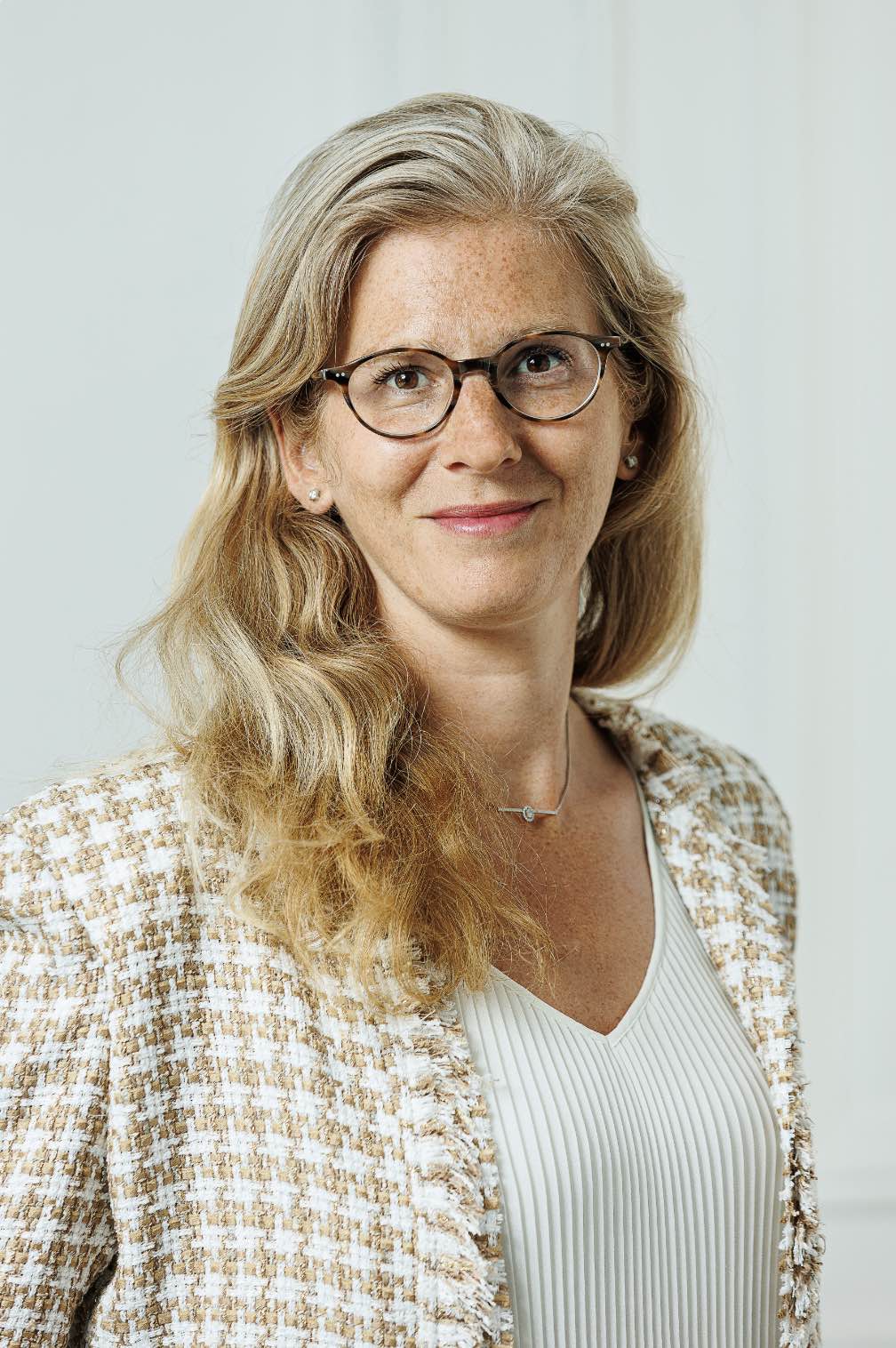Ariane Olive of SPARK AVOCATS on acquiring a company in France

November 07, 2023
by an investor from INSEAD in Barcelona, Spain
We recently celebrated the success of our searchers, Pierre Donvez and Rafaël Dufour, who acquired ASP & ALSAMECA, a French family business in the industrial sector.
We decided to put a spotlight on the search fund landscape in France, so we spoke to none other than Ariane Olive, Founder and Director at SPARK AVOCATS. A foundational figure in this space with two decades of experience, she who offered a nuanced guidance for those looking to enter the market.
For the full interview, visit our LinkedIn, it's the most recent of our Search Fund Square newsletter.
Below are the key takeaways:
Persistent Seller’s Market Despite Aging Demographics:
- France's workforce is aging, suggesting a forthcoming wave of company sales as owners retire. While this implies opportunity, the anticipated market shift to favor buyers hasn't occurred, despite predictions. Ariane emphasises that, over the years, sellers have continued to dominate, although there's a slight increase in the number of sellers lately.
Hot Sectors for Search Funds:
- Interest is skewing towards technology and para-industrial distribution firms due to their scalable business models and the potential for consistent revenue through repeat business.
- Industrial companies come with high price tags and often present hurdles in securing bank financing, making them less attractive.
- The VC investment decline in 2022 has readjusted tech valuations, opening opportunities for search funds that were previously priced out.
Pre-Acquisition Considerations:
- Clarity is key. Prospective buyers should define their investment thesis and target sectors, identifying supportive investors who bring sector-specific expertise and networks.
- Ariane stresses the importance of approach: buyers should engage with humility and flexibility, understanding the seller's perspective without imposing too aggressively.
- It’s important to value the existing legacy of the company while also confidently proposing a strategic vision for its future growth.
Due Diligence and Trust-Building:
- Trust between buyer and seller can streamline due diligence. A relationship built on transparency and respect leads to a more honest and thorough understanding of the company's actual state.
- A good due diligence process reduces the likelihood of unpleasant surprises post-acquisition, as it thoroughly vets the company’s operational and financial health.
Navigating Post-Acquisition Challenges:
- Critical reassessment of risks through investors and legal counsel is crucial, ensuring that different perspectives are considered before finalising a deal.
- After the purchase, understanding and integrating into the company's culture is as vital as financial due diligence. Recognising what has made the company successful and what could be improved without making abrupt, potentially destabilising changes is a delicate balance that requires careful management.
- The new owner's role is twofold: to respect the established cultural norms initially and then, over time, to guide the company culture in a direction that supports growth and success.
All in all, Ariane’s insights highlight that while there's potential in the French market for search funds, success hinges on a comprehensive understanding of market dynamics, strategic alignment with investors, respectful engagement with sellers, thorough due diligence, as well as a sensitive approach to post-acquisition integration.
